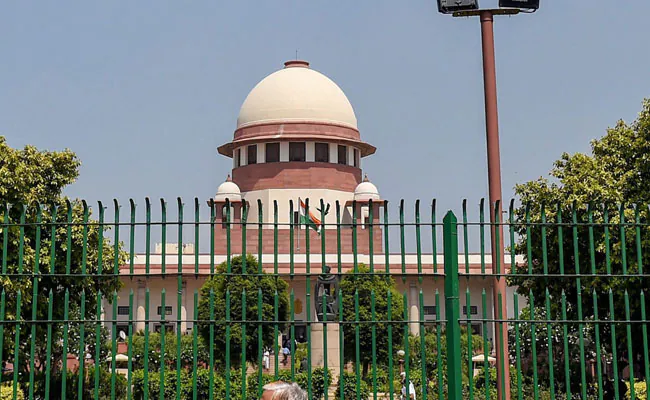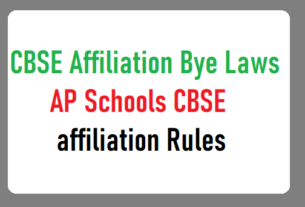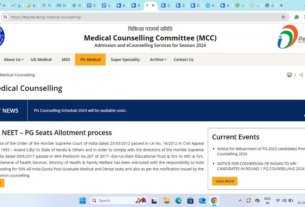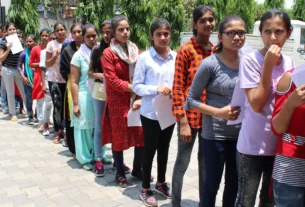Supreme Court : The National Eligibility cum Entrance Test for Undergraduate (NEET-UG) serves as a pivotal examination for medical and dental aspirants across India. Administered by the National Testing Agency (NTA), NEET-UG is the gateway for students seeking admission to MBBS, BDS, and various allied health sciences programs in the country. Its significance cannot be overstated, as it determines the academic and professional trajectories of thousands of students each year.
However, the NEET-UG has been mired in several controversies and legal challenges in recent years. A multitude of grievances have been voiced by stakeholders, including students, parents, and educational institutions. Key issues range from allegations of question paper leaks and discrepancies in answer keys to concerns over the fairness of the examination process and the adequacy of the exam centers. These controversies have prompted a slew of petitions and litigations, further complicating the landscape of medical education in India.
The National Testing Agency, the body responsible for conducting NEET-UG, has found itself at the center of these disputes. The NTA’s role involves not only the logistical aspects of the examination but also ensuring its integrity and transparency. Given the escalating legal challenges, the NTA has sought to transfer the pending cases related to the NEET-UG row to the Supreme Court. This move aims to consolidate the litigation processes and seek a definitive resolution from the apex judicial body.
Previous judicial interventions have played a significant role in shaping the current situation. Various high courts have issued rulings on specific grievances, adding layers of complexity to the overall scenario. The NTA’s plea to the Supreme Court underscores the need for a unified judicial approach to address the multifaceted issues surrounding NEET-UG, thereby aiming to restore confidence and clarity in the examination process.
Supreme Court’s Response and Potential Implications
The Supreme Court of India has issued notices to the involved parties in response to the National Testing Agency’s (NTA) pleas seeking the transfer of multiple cases related to the NEET-UG examination. These notices signify the Court’s preliminary step in addressing the legal complexities surrounding the NEET-UG examination cycle. The NTA’s request is rooted in the need for a unified judicial review to avoid conflicting judgments from various lower courts, which could potentially disrupt the examination schedule and generate confusion among stakeholders.
The Supreme Court’s decision to take up these pleas is based on several legal considerations. Primarily, the NTA argues that a centralized judicial review will ensure consistency and uniformity in the rulings, which is crucial for maintaining the integrity of the NEET-UG process. Additionally, the legal basis for the transfer includes preventing multiplicity of proceedings, conserving judicial resources, and safeguarding the interests of students who rely on a predictable and stable examination schedule.
The potential implications of the Supreme Court adjudicating these cases are significant. For the current NEET-UG exam cycle, a timely resolution could prevent delays and ensure that students can proceed with their plans without undue uncertainty. Conversely, if the cases are not resolved swiftly, there could be postponements or changes to the examination dates, further stressing students who are already navigating the pressures of competitive exams.
Moreover, the Supreme Court’s involvement could set a precedent for how educational disputes are managed in India. A centralized decision-making process might streamline legal proceedings in future educational controversies, promoting efficiency and coherence across the judicial system. However, it also raises questions about the autonomy of lower courts and the balance of judicial power.
The timeline for the Supreme Court’s decision will depend on the complexity of the cases and the urgency conveyed by the NTA. The next steps include the submission of responses from the involved parties and subsequent hearings. Future developments will hinge on the Court’s capacity to balance the immediate needs of the NEET-UG cycle with broader legal principles, ensuring a fair and just outcome for all stakeholders.





